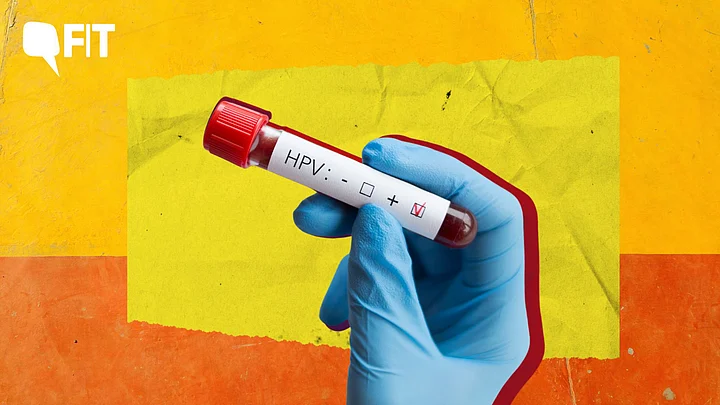Researchers at Rice University in the United States have developed a low-cost, point-of-care DNA test that could potentially make cervical cancer screening more accessible in low and middle-income countries.
How is this test different from existing Human papillomavirus infection (HPV) tests? Why is it such a big deal? Read on to find out.
Key features of the test:
The DNA test is a six-step test that requires two pieces of equipment.
The test is capable of detecting HPV16 and HPV18 – two variants of the virus that account for almost 70 percent of cervical cancer.
In the clinical trial, the test delivered results in 45 minutes.
It can be performed by a minimally trained personnel.
Researchers also used disposable cartridges to avoid false positives that often arise from contamination in the workspace.
According to the study authors, if both the equipment for the test (NATflow platform and test cartridges) are produced on a large scale, each test could cost less than $5 (Rs 409.78). Currently, an HPV test can cost anywhere between Rs 1,600 to Rs 3,000.
Why it matters: A DNA test for HPV does exist and is widely acknowledged as the gold standard of cervical cancer screening. However, because of its high cost, its availability is limited.
These tests are largely inaccessible to people in low and middle-income countries where the burden of cervical cancer is the highest.
India accounts for the highest number of cervical cancer cases as well as deaths in Asia. 23 percent of all deaths due to cervical cancer in the world occur in India.
So availability and access to low-cost tests could make a huge difference as far as early detection and successful treatment are concerned.
What they're saying: According to the researchers, low-cost tests will help promote more frequent screening.
"The vast majority of disease detected through screening is precancerous... that's why screening programs are so effective," Rebecca R Richards-Kortum, one of the study authors, said.
"It's people who have never been screened in their lives or who get screened at really infrequent intervals who are really at risk. That’s why it’s so critical to address the disparities that exist and think about new ways to deliver screening, diagnosis, and treatment."Rebecca R Richards-Kortum, Study Author

